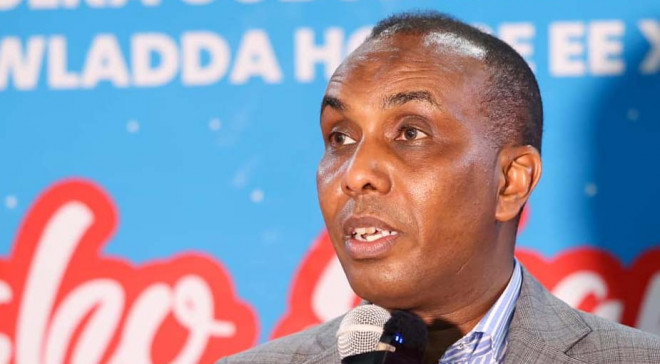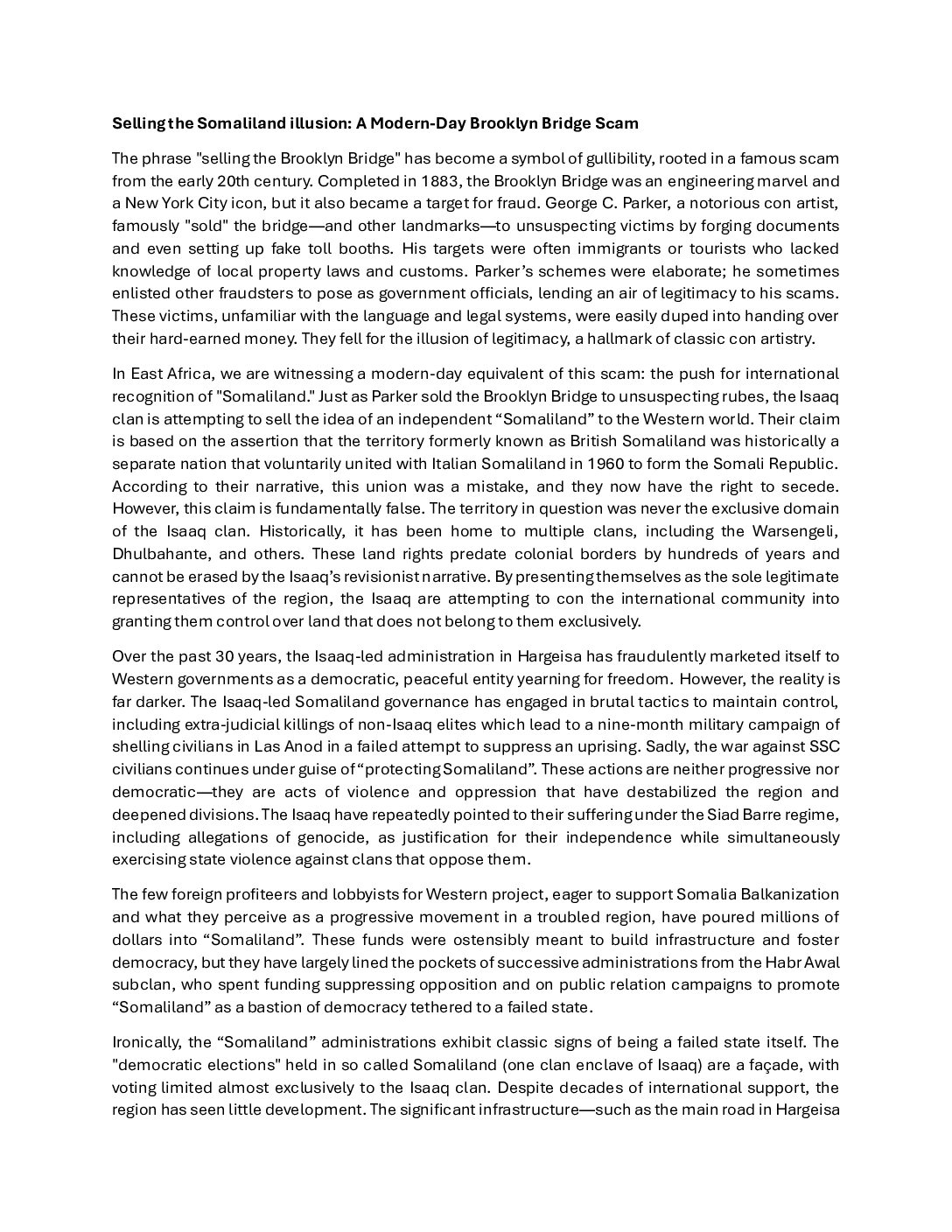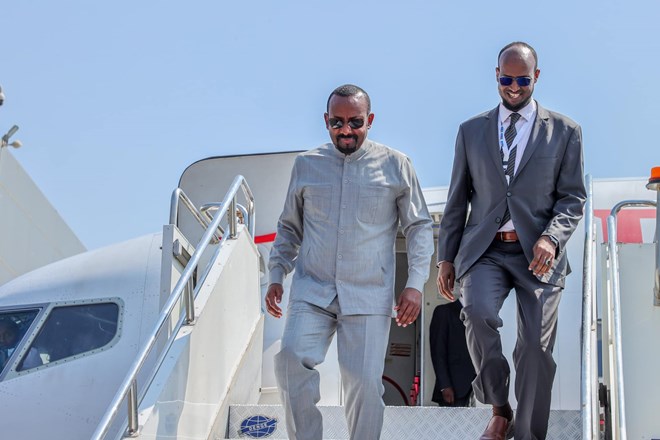President William Ruto said yesterday that the government needs Sh106 billion to execute changes in the National Police Service, the Kenya Prisons Service, and the National Youth Service.
The task committee, chaired by former Chief Justice David Maraga, advocated the police changes.
During the inauguration of a strategy framework for executing service improvements, Ruto delivered the comments.
The framework offers a cohesive strategy for reform initiatives, ensuring alignment across institutions via a coordinated approach.
From all the police reform proposals, this is the first that has a strategic framework for execution prepared by key institutions.
Ruto established the National Taskforce on Improvement of the Terms and Conditions of Service and other Reforms for the National Police Service, Kenya Prisons Service, and National Youth Service on December 21, 2022.
The terms of reference for the team led by Maraga were to identify the legal, policy, administrative, institutional, and operational limits on efficient service delivery and to offer remedies.
It was also to assess the terms and conditions of service for the three services and propose their improvement.
The team gave their final report to Ruto on November 4, 2023.
On September 13 this year, the National Steering Committee, led by Interior PS Raymond Omollo, was gazetted. It was assigned to, among other major outputs, design an implementation framework to steer the reform process.
Ruto said monies would be earmarked to solve significant difficulties that confronted the services: career advancement, digitalization of records, including police OBs, and acquisition of new technology.
Out of the money, Sh22 billion will support changes in remuneration packages for officers, while Sh37 billion will go to the upgrading of the hardware and welfare reforms, and Sh45 billion is necessary to undertake modernization of the services.
Ruto stated that the National Treasury would provide half of the cash, while the rest would be accessible to investors.
“We understand the enormous cost implications of fully executing the Maraga task team’s recommendations. It is projected that it would take Sh106 billion to completely materialize these proposals,” he added.
Ruto said the government has bought 1,000 e-vehicles for police personnel to boost mobility.
He added plans were also in place to build 32,000 residences for security personnel.
“Some of our officials reside in homes that are hardly different from the jails themselves. That cannot be the case. That’s why we expanded the housing initiative to include institutional residences for our military, police, NYS, and jails,” the chief of state added.
To execute the changes within the three services, the President stated ministries and agencies would monitor the execution of the reforms in collaboration with the National Steering Committee that was recently created by Interior CS Kithure Kindiki.
He added any issues faced must be handled without delay via the committee, and public input must be incorporated in creating policies and any sort of constitutional modifications.
NPS, KPS, and NYS will be needed to complete their modernization strategies and plans, and Treasury is obliged to secure money to execute these changes, Ruto stated.
A national interagency committee was constituted to lead and initiate the implementation process.
The National Inter-Agency Steering Committee, directed by the Ministry of Interior and national administration, comprises top officials of the Ministry of Public Service, the National Treasury, the Salaries and Remuneration Commission, and the National Police Service Commission.
Others include officials recruited from the Independent Policing Oversight Authority, the Public Service Commission, the National Youth Service Council, the Judiciary, and the Ethics and Anti-Corruption Commission.
The committee began its work by unpacking at least 200 suggestions in the report.
The team created guidelines that influenced the first phase’s execution.
It picked out ideas that may be executed by administrative action without needing funds.
In this phase, service charters of the three services were evaluated and service standards produced.
Staff training and sensitization focused on the new service standards and far-reaching service delivery changes have begun, according to PS Omollo.
The PS said the implementation of this phase of the reforms is at 65 percent for NYS, 42 percent for Kenya Prisons Service, and 37 percent for NPS.
The complaint handling mechanisms for the three services have been revised in keeping with the recommendations of the task group.
Consultations on the execution of suggestions that require funding without policy or law are at an advanced level.
One such suggestion is on a new basic wage structure for the police, prisons, and NYS officials.
The research identified several issues, including political influence in NPS, corruption in hiring and promotions, and police training curriculum.
Others include the insufficient National Police Service Commission, the function of the Cabinet secretary responsible for national security, and the organization of the Internal Affairs Unit in the police.






